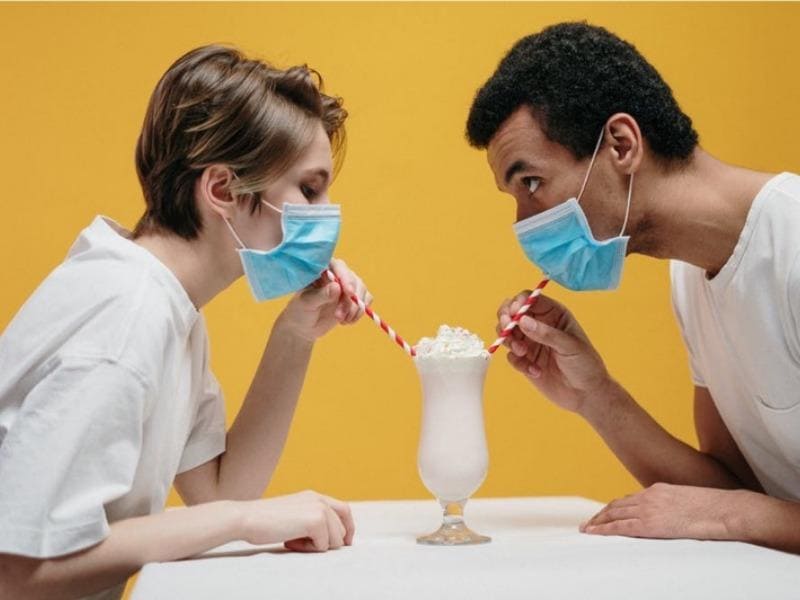Due to Covid-19, many things have changed in a short space of time. At Illuminate Asia, with the onset of new consumer behaviours, we started asking questions about whether behavioural changes will last after the pandemic ends and how can we try to predict which changes will last? There has been a lot of hype from experts about a "New Normal" and how the world will forever be changed due to Covid-19. We agree there will be change, but we are still questioning the extent of the change and how long it will last.
Here are some of the most frequently predicted long term behavioural changes:
- Dependency of technology across all aspects of day to day life will increase; from work, education to entertainment to communications etc.
- Dependence on online shopping & home delivery to continue.
- More focus on localization; buying and supporting local, and an overall greater sense of community.
- Changing lifestyles with more home-based leisure and less travel. This will produce thje flow-on effects of less traffic and even less need for formal clothing.
- Greater focus on health, hygiene and cleanliness - more spend on preventive products (such as vitamins and jamu), more home cooking and more focus on nutrition.
- A return to faith in experts and a new respect for science.
We don't wish at this stage to add any more predictions, but we want to help marketers to analyse which behaviours will last and which one will not.
So why can't we be too confident with these predictions?
1. We can't be sure how the Covid-19 recovery will progress - it may not be linear. We are not sure how the stages will look or how they will be different; and it might be that we switch back and forth through various stages along the way. So we need to be agile and look at the at cultural changes that are happening and the consumer behaviour.
- One of the models that we prefer is by Professor Mark Ritson who predicts that we are likely to see a "False Pneuma" stage after the most critical stage of the pandemic is finished. This stage would be a period of elation when everyone talks about how much the world has changed or been transformed because of the covid19 pandemic; a time when everyone is likely to become more health conscious and continue to connect & live more digitally. But Ritson predicts this won't last long and that the large global recession will arrive and old habits return (source).
2. We can't trust consumers' claimed intentions for future behaviour - People tend to believe that they are more likely to engage in intended future behaviours than is actually the case.
- For example, during the Mad Cow disease epidemic in UK (1992), which saw sales drop by 40%. Research at the time showed that 60% of consumers claimed to never want to eat British beef again. But 6 months after the crisis, British beef sales returned to normal levels; eating beef is a strong part of the British culture.
3. Need to take context and situational factors more into account. Fundamental Attribution Error is a construct where people tend to put lesser importance on the influence of situation on behaviours, emphasizing more on key personality traits to explain the behaviour. Maybe as marketers, we also suffer from fundamental attribution error. Internal factors are usually at the forefront of consumer research, by doing studies such as usage & attitude that tracks down consumer perception, belief, values and attitude towards a category. We often think that the reason of purchase is mainly because of consumers' personality traits as shown is psychographics study/segmentation; and less emphasis is given to context and situation.
THE WAY FORWARD: What should marketers do? Continually track the changes in context to predict the behaviour.
A. Take predictions with a grain of salt. For every prediction that impacts your category, make sure that you understand the attitudes and situations that come into play. Create a checklist to map the attitudes & situations.
B. Track down the phases of the pandemic recovery - Conduct a workshop to develop scenarios specifically for your category consumers that could happen for each potential phases & situational scenarios that might happen. To enrich the input for the workshop, consider doing situational research, cultural analysis, case studies from other countries, looking at macroeconomics indicators, etc.
C. Continually track the situational and contextual changes to predict the behaviour - Focus on target context as much as you focus on target audiences. Ensure to include methodologies such as ethnography, situational interviews ("Jobs To Be Done") and semiotics and cultural studies. Then recheck your assumptions and update your scenario by monitoring the external forces that influence the behaviour.
In summary; in these changing & difficult times, predicting consumer behaviour is even more challenging, but it is even more critical for business and marketers to get it right.
- It is important not to just rely on what consumers themselves say that they will do or behave in the future.
- As marketers, we should avoid the temptation to put too much weight on internal factors (personality, attitude) when making predictions.
- We need to shift our mindset and utilise a range of tools and methods to ensure we accurately develop and test a range of scenarios.
- By doing so, we can be ready to adapt to the upcoming changes and ensure we are most prepared to navigate through these.
The above is based on a webinar on 4 June, 2020. Please download the Presentation File here.
For more information, please view the webinar recordings:
- YouTube: Illuminate Asia
- Spotify podcast: Illuminate Asia


